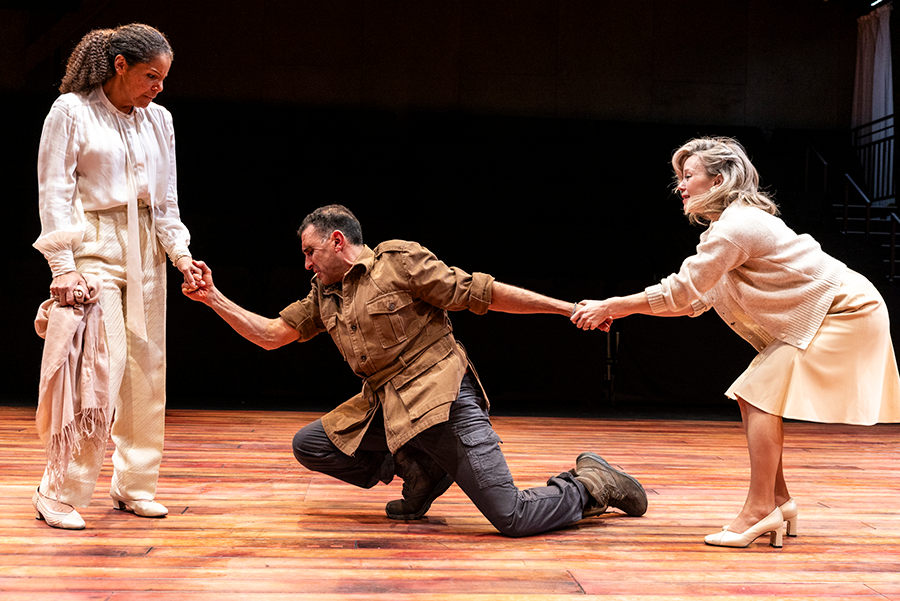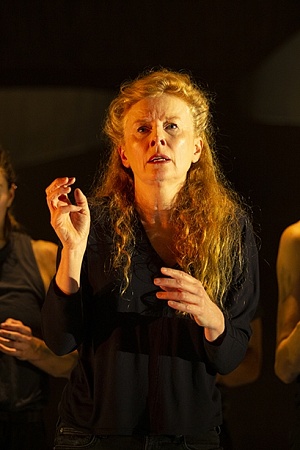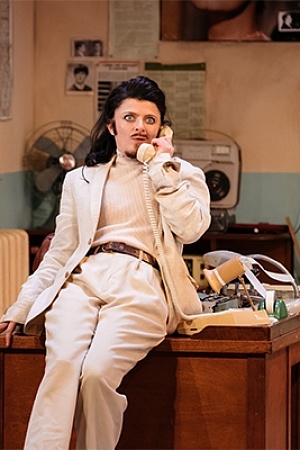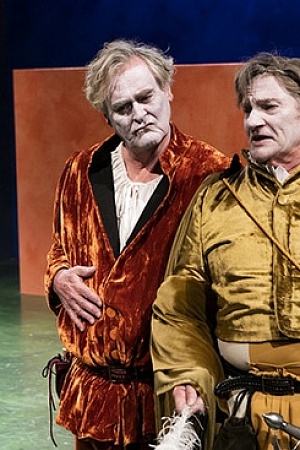Coriolanus

Among the plays of William Shakespeare, Coriolanus has garnered more respect than love. William Hazlitt, writing in 1816, in the wake of the French Revolution, thought that the play could spare its audience the trouble of reading Edmund Burke or Thomas Paine. The play’s depiction of class division fascinated Bertolt Brecht, who worked on his own adaptation, seeing in the play’s protagonist a figure consistent with the alienation effects of his own theatre. But if such recommendations inspire fears of a drama more didactic than entertaining, they can be dismissed: Bell Shakespeare’s production embraces its audience, ‘patrician’ and ‘plebeian’ alike.
Continue reading for only $10 per month. Subscribe and gain full access to Australian Book Review. Already a subscriber? Sign in. If you need assistance, feel free to contact us.










Leave a comment
If you are an ABR subscriber, you will need to sign in to post a comment.
If you have forgotten your sign in details, or if you receive an error message when trying to submit your comment, please email your comment (and the name of the article to which it relates) to ABR Comments. We will review your comment and, subject to approval, we will post it under your name.
Please note that all comments must be approved by ABR and comply with our Terms & Conditions.